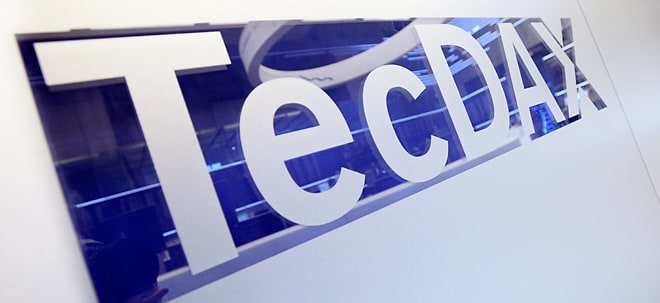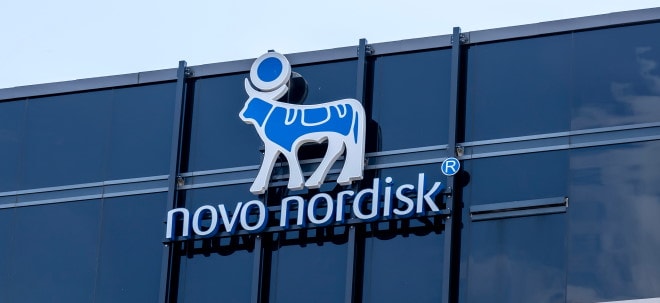Samsung faces import ban over Sharp patents
By Song Jung-a in Seoul and Robin Harding in Tokyo
Published: November 10 2009 03:59 | Last updated: November 10 2009 07:48
A US trade agency has recommended that Samsung Electronics, the world’s largest flat-panel display maker, be banned from selling some liquid crystal display television sets and computer monitors in the US as they infringe Sharp’s patents.
The US International Trade Commission ruled that the South Korean company infringed four patents owned by its Japanese rival and should no longer sell infringing LCD devices in the US. Samsung said it would take legal action against the ruling to prevent any disruption to its US sales.
EDITOR’S CHOICE
South Korea considers use of ‘poison pills’ - Nov-09
Samsung trebles third-quarter profits - Oct-30
In depth: Technology - Nov-10
Tech blog - Nov-10
The dispute illustrates how Japanese corporations are increasingly taking more aggressive action to protect their intellectual property against Taiwanese and Korean rivals. Last year a Texas jury ordered Samsung to pay Japan’s Pioneer $59m in damages in a dispute over plasma TV patents.
“We have already developed various ways round [the Sharp patents] so there will be no problems in our business,” said Samsung.
The Japanese group said that the ruling “makes clear that the ITC has consistently supported Sharp’s case”.
The ban is unlikely to take effect before Christmas. US President Barack Obama has 60 days in which to overturn the ban if he finds it is against the public interest, although Samsung must post a bond worth 100 per cent of its sales of affected products during that time.
The case is one of a series of disputes between the two companies – Sharp lost a similar ITC case to Samsung in June – as they seek to strengthen their position in the huge but highly competitive market for LCD televisions.
Samsung is the world’s largest LCD TV maker with a 19.9 per cent share of the US market. Vizio is the biggest vendor in the US with 20.5 per cent and Sharp is seventh with only 5 per cent.
The ITC upheld its administrative law judge’s previous finding that Samsung infringed the Sharp patents. The four patents involve technology used to improve picture quality, response speed and viewing angle. They are of greatest importance in large LCD panels.
The commission said the public interest factors “do not preclude issuance” of an order banning Samsung’s sales of the disputed products. One reason is the wide availability of products from other companies that do not infringe the Sharp patents.
Sharp filed the complaint against Samsung with the ITC in 2008. Sharp had initially sued Samsung over LCD patent violations in 2007 in a Texas court, which prompted Samsung to countersue immediately in both Texas and in Delaware.
Lengthy tit-for-tat patent disputes are common in the technology sector as companies with strong intellectual property portfolios jostle for position, but they are often resolved by agreements to license each other’s patents. Sharp already licenses the disputed patents to other LCD companies.
Copyright The Financial Times Limited 2009. You may share using our article tools. Please don't cut articles from FT.com and redistribute by email or post to the web. |


 Thread abonnieren
Thread abonnieren

